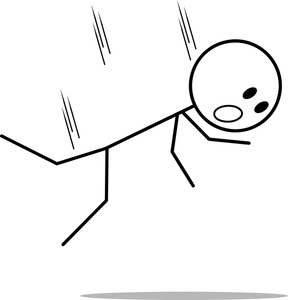 If you want to prevent dangerous falls in an aging adult, here’s one of the very best things you can do: be proactive about getting the right kind of medical assessment after a fall.
If you want to prevent dangerous falls in an aging adult, here’s one of the very best things you can do: be proactive about getting the right kind of medical assessment after a fall.
Why? There are three major reasons for this:
- A fall can be a sign of a new and serious medical problem that needs treatment. For instance, an older person can be weakened and fall because of illnesses such as dehydration, or a serious urinary tract infection.
- Older adults who have fallen are at higher risk for a future fall. Although it’s a good idea for any older person to be proactive about identifying and reducing fall risk factors, it’s vital to do this well after a fall.
- Busy doctors may not be thorough unless caregivers are proactive about asking questions. Most doctors have the best intentions, but studies have shown that older patients often don’t get recommended care. By being politely proactive, you can make sure that certain things aren’t overlooked (such as medications that worsen balance).
All too often, a medical visit after a fall is mainly about addressing any injuries that the older person may have suffered.
Obviously, this is very important! However, if you want to help prevent future falls, it’s also important to make sure the doctors have checked on all the things that could have contributed to the fall.
Even if you’re pretty sure your loved one just tripped and stumbled, a good evaluation can uncover issues that made those trips and stumbles more likely.
In this post, I’ll list eight key items that you can make sure the doctors check on, after a fall. This will help you make sure your loved one has had a thorough work-up, and can reduce the chance of future serious falls. [Read more…] about 8 Things to Have the Doctor Check After an Aging Person Falls


